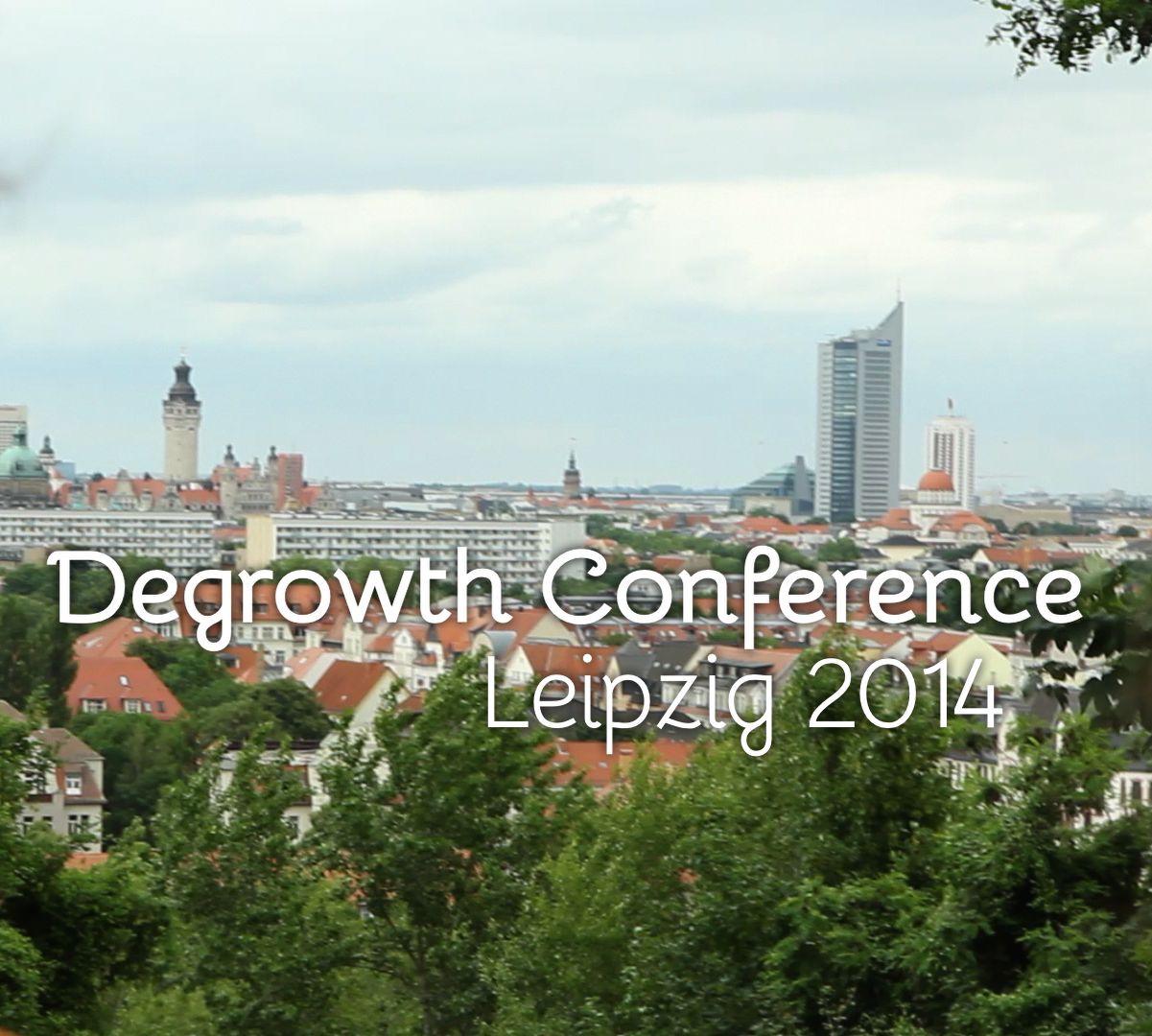Last month a group of academics working in the fields of development and environmental sciences in the Netherlands wrote a manifesto for post-corona recovery based on degrowth principles. This initiative gained widespread attention, pushing the degrowth agenda into (Dutch) mainstream consciousness and the traditional corridors of power. The initiative was born in conversations that various authors of the manifesto were having with their colleagues and friends working in different organizations (political parties, NGOs, grassroots campaigns, etc.) The fact that the neoliberal model of development underpins many of the crises we are currently facing, including the corona crisis, resonated: particularly now that all the contradictions of this model were becoming painfully clear to the wider public. However, it was also obvious that the national conversation and political establishment were missing this point almost entirely, focusing more on immediate symptoms rather than on the disease itself. A strategy was needed to reorient the conversation towards underlying causes – to question the legitimacy of ‘going back to normal’. A manifesto is an effective way of raising the profile of neglected ideas, especially when backed by a large group of people with extensive knowledge of the issues. After the Dutch manifesto was collectively written, it quickly gained the support of more than 170 academics working throughout the Netherlands, giving momentum to the ideas expressed within it. An article in Trouw, one of the main Dutch newspapers, followed, and became the most widely read piece in the online edition. Twitter announcements translating the demands of the manifesto into English and German went viral. A petition in support of the manifesto was started. This attention allowed an MP to introduce the demands of the manifesto for discussion in the Dutch parliament, which is tabled and awaiting debate. Whatever the final outcome of this manifesto, and the debate in parliament, one thing is for sure: degrowth ideas are breaking into the mainstream and we need to keep focusing our energies in order to shift the terms of the conversation regarding post-corona recoveries. We thank our Dutch colleagues for showing us one effective approach in doing just that. You can read the manifesto and see the list of signatories here. For convenience we are also reproducing the full text of the manifesto below:
1. A move away from development focused on aggregate GDP growth to differentiate among sectors that can grow and need investment (the so-called critical public sectors, and clean energy, education, health and more) and sectors that need to radically degrow due to their fundamental unsustainability or their role in driving continuous and excessive consumption (especially private sector oil, gas, mining, advertising, and so forth);
2. An economic framework focused on redistribution, which establishes a universal basic income rooted in a universal social policy system, a strong progressive taxation of income, profits and wealth, reduced working hours and job sharing, and recognizes care work and essential public services such as health and education for their intrinsic value;
3. Agricultural transformation towards regenerative agriculture based on biodiversity conservation, sustainable and mostly local and vegetarian food production, as well as fair agricultural employment conditions and wages;
4. Reduction of consumption and travel, with a drastic shift from luxury and wasteful consumption and travel to basic, necessary, sustainable and satisfying consumption and travel;
5. Debt cancellation, especially for workers and small business owners and for countries in the global south (both from richer countries and international financial institutions).
As academics, we are convinced that this policy vision will lead to more sustainable, equal and diverse societies based on international solidarity, and ones that can better prevent and deal with shocks and pandemics to come. For us the question is no longer whether we need to start implementing these strategies, but how we go about it. As we acknowledge those groups hardest hit by this particular crisis in the Netherlands and beyond, we can do justice to them by being proactive in ensuring that a future crisis will be much less severe, cause much less suffering or not happen at all. Together with many other communities, in the Netherlands and globally, we believe the time is right for such a positive and meaningful vision going forward. We urge politicians, policy-makers and the general public to start organizing for their implementation sooner rather than later.
It is great to see an attempt to put degrowth ideas into a straightforward form that can be taken into political debate. However, the selection of points is critical and I am not convinced that this is the right selection. I'll just take issue with two: 1. Zero bank-debts “No bank should lend more than its deposits. Banks cannot be allowed to create money out of thin air, while all the ...
Rob Hopkins is the founder of the Transition Movement. We interviewed him for the Stream towards Degrowth during the launch of his new Book “The Power of just doing Stuff - How local Action can change the World” in Bielefeld. Watch the video to hear more about the connections and differences between the Degrowth and the Transition Movement.

In order to make our conference a truly democratic and inclusive event, we have started an exciting crowdfunding-campaign. It will run for 55 days and ends shortly before the conference. Our goal is to enable as many people as possible to participate in the conference and to contribute to a change towards a society beyond the imperative of economic growth. In order to achieve this, however, we...